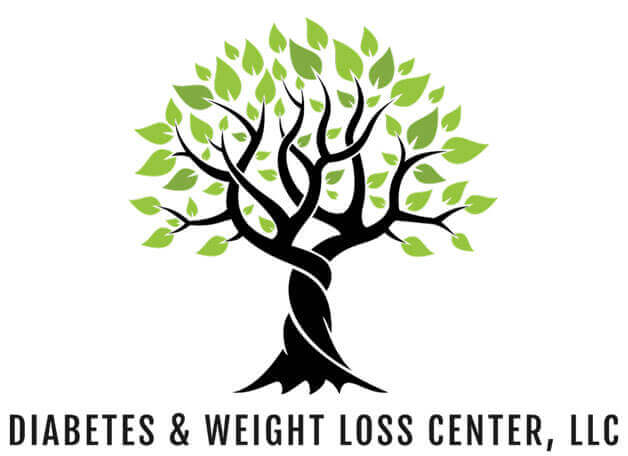High cholesterol is a major health concern that affects millions of people worldwide. However, many do not realize they have it until complications arise. Managing cholesterol levels is crucial to reducing risks like heart disease and stroke. If you have been diagnosed with high cholesterol, taking proactive steps can bring your levels under control.
This article will provide actionable tips on how to take control of your high cholesterol. We will also share insights on how to find the best nurse practitioner to guide you.
High Cholesterol Management Tips
Lowering cholesterol is not impossible. However, it requires a combination of lifestyle and dietary changes, and sometimes medication.
Below are detailed strategies to manage high cholesterol effectively.
1. Understand the Numbers
Knowing your cholesterol levels is the first step in preventing complications. A blood test will measure your:
LDL (Low-Density Lipoprotein)
Often referred to as “bad” cholesterol, high levels can lead to plaque buildup in the arteries.
HDL (High-Density Lipoprotein)
Known as “good” cholesterol, higher levels help remove LDL cholesterol from the bloodstream.
Triglycerides
Elevated levels can also increase the risk of heart disease.
Ask your provider to explain your numbers in depth. Keep track of them to monitor progress as you implement changes.
2. Prioritize a Heart-Healthy Diet
Your diet plays a critical role in either raising or lowering your cholesterol. Consider these adjustments to your diet for prediabetes and high cholesterol:
Reduce Saturated Fats
These are found in red meat, butter, and full-fat dairy products. Limit these to keep your LDL levels in check.
Avoid Trans Fats
Trans fats are often found in packaged snacks and fried foods. Look for “partially hydrogenated oils” on labels.
Eat More Soluble Fiber
Soluble fiber, found in oats, beans, lentils, and fruits, binds to cholesterol and removes it from the body.
Increase Omega-3 Fatty Acids
Omega-3s found in salmon, mackerel, walnuts, and flaxseeds can help raise good cholesterol.
Choose Healthy Fats
Use olive oil instead of butter, as it contains monounsaturated fats that benefit heart health.
3. Stay Physically Active
Regular physical activity can help lower bad cholesterol while raising good cholesterol. Aim for at least 30 minutes of exercise most days of the week.
Options include:
- Walking
- Cycling
- Swimming
- High-intensity interval training (HIIT)
You do not need a gym membership to stay active. Daily activities like gardening or taking the stairs often also count.
4. Quit Smoking and Limit Alcohol
Smoking lowers HDL cholesterol (the good kind) and damages blood vessel walls. This can worsen arterial plaque buildup. Quitting smoking can improve your HDL levels within weeks.
Similarly, limit alcohol intake to one drink per day for women and two drinks per day for men. Excessive alcohol consumption can raise triglycerides.
5. Maintain a Healthy Weight
Excess body weight often contributes to high cholesterol. Losing even 5 to 10 percent of your current weight can make a significant difference.
Monitor your calorie intake and engage in activities that help you stay active throughout the day.
6. Consider Medication When Necessary
Sometimes, lifestyle changes alone are not enough to lower cholesterol to safe levels. If this applies to you, your provider may recommend cholesterol-lowering medications.
Common options include:
- Statins
- Bile acid resins
- PCSK9 inhibitors
Discuss with your provider to determine the best treatment plan tailored to your needs.
7. Manage Stress
Chronic stress can negatively affect your cholesterol levels. This often leads to unhealthy coping habits like overeating or smoking.
Manage stress with techniques such as meditation, yoga, and deep breathing exercises. Taking care of your mental health is equally important in achieving optimal physical health.
How to Find the Best Nurse Practitioner for High Cholesterol Management
When it comes to managing high cholesterol, having the right healthcare partner matters. Here are some tips to help you find the best nurse practitioner for your needs.
Look for Relevant Expertise
Search for a nurse practitioner who specializes in certain conditions. This includes high cholesterol, cardiovascular health, and preventive care.
You want a provider who uses evidence-based strategies for high cholesterol treatment near you.
Ask About Their Approach to Care
A good nurse practitioner will use a patient-centered approach. This means they will take the time to review your unique medical history, lifestyle, and preferences.
They will assess these factors before creating a personalized care plan. They should also educate you about your condition in detail.
Seek Recommendations and Reviews
Ask friends and family for recommendations. You can also browse online reviews to learn about others’ experiences.
Look for a nurse practitioner with positive feedback on their attentiveness. You also want a provider with the ability to explain complex matters simply.
Check for Accessibility
The best nurse practitioner for you is someone who is accessible and responsive. Make sure they are easy to communicate with and have flexible appointment options.
If they offer telehealth services, this could be an added convenience.
Reliable High Cholesterol Management in Oviedo, FL
Managing high cholesterol does not have to feel overwhelming. With the right changes to your diet, activity level, and lifestyle, you can improve your cholesterol levels. Support from a knowledgeable provider ensures your progress stays on track.
Do you need personalized high cholesterol management in Oviedo? If you are looking for expert care, trust Dr. Adriel Perez, DNP, A-APRN, FNP-C, at the Diabetes & Weight Loss Center. Dr. Perez brings valuable experience and a patient-centered approach to guiding people with high cholesterol. Call (407) 890-1876 or submit an appointment request form today.
We look forward to serving you!
Sources:
https://my.clevelandclinic.org/health/articles/11918-cholesterol-high-cholesterol-diseases
https://www.mayoclinic.org/diseases-conditions/high-blood-cholesterol/symptoms-causes/syc-20350800


